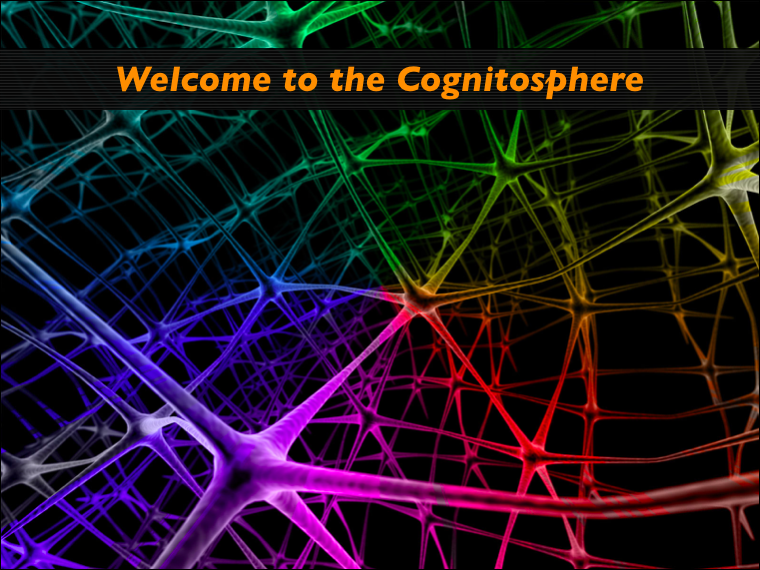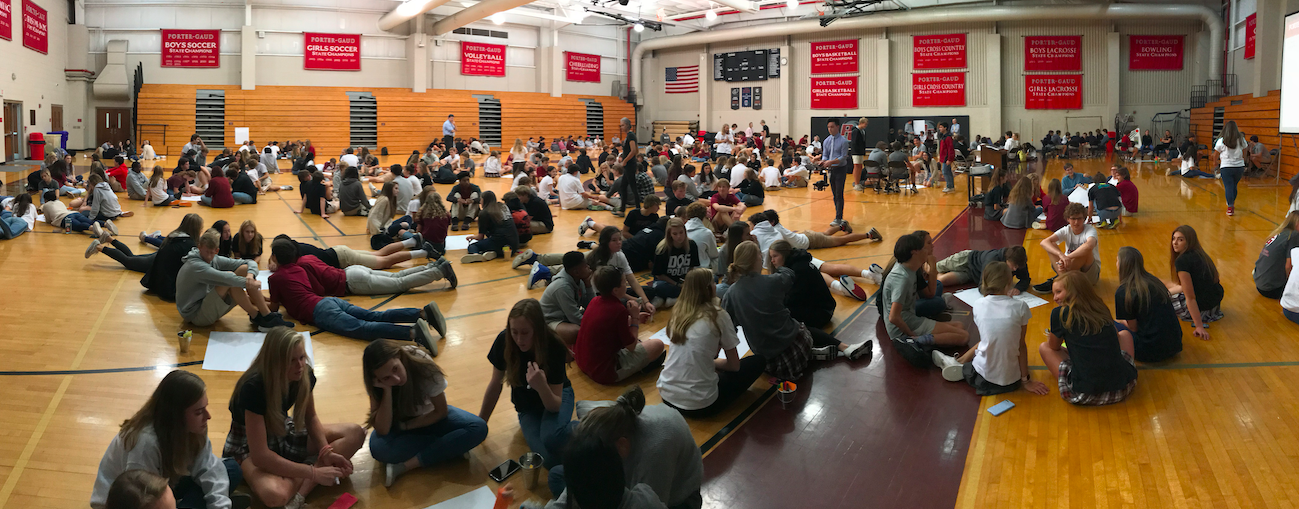 I was honored to participate in a lunch yesterday with a team from the Harvard Doctor of Education Leadership (Ed.L.D.) program that is in San Diego visiting and working with San Diego Unified School District. The lunch was attended by a small, select group of San Diego-area education thought leaders. Ed.L.D. is a relatively young program, but what I heard resonated LOUDLY with so much of what I have been focusing on over the last several years.
I was honored to participate in a lunch yesterday with a team from the Harvard Doctor of Education Leadership (Ed.L.D.) program that is in San Diego visiting and working with San Diego Unified School District. The lunch was attended by a small, select group of San Diego-area education thought leaders. Ed.L.D. is a relatively young program, but what I heard resonated LOUDLY with so much of what I have been focusing on over the last several years.
In introducing the visiting team, Poway Unified trustee Todd Gutschow said the program recognizes that leaders in public education have to combine expertise in three areas to be successful: a deep knowledge of the traditions of education, the skills to manage highly complex organizations, and political savvy. In building this program, Harvard has created a unique sequence to provide both a broad and deep exposure in those three areas.
Students to the program are selected from all over the country and with a diverse range of educational backgrounds. Last year just 25 were admitted from a highly qualified applicant pool of more than 500. The three-year program is free; there is no tuition. In the first and second years, students take courses and engage in project work associated with the Harvard Graduate School of Education, the business school, the Kennedy School of Government, the medical and law schools, and more. In their third year, students undertake a 10-month residency somewhere in the country. Importantly, one goal of the program is to freely share their entire curriculum with other schools and organizations that are working on areas of shared interest.
Professor Deborah Jewell-Sherman, who was overseeing the visiting team in San Diego, used to be the superintendent of the Richmond, VA district. She said that the program provides a “nexus of policy, practice, and research.” They are seeking to impact the direction of K-12 education in a variety of ways. “We believe the ‘small h in Harvard’ has to stand for humility; we don’t have all the answers.” They want to help create sustainable cohorts of relatively young leaders who have many years left to help transform education.
I asked Professor Jewell-Sherman if the program had a shared understanding of just what “transform” means, or if that is still a work in progress. Her answer struck right at the core of what I (and many others) have been working on (including my in-progress blog series on zero-based strategy, the penultimate chapter of my upcoming book, and the presentations I am working on right now with Bo Adams on systems-focused “Mutation, Innovation, Transformation”). “Systems deliver what they are set up to deliver”, she said. “The current educational system is failing many of our students, especially those who are underserved due to poverty. The outcomes are deplorable for many of our student groups. We can’t be proud of those outcomes. The system has to be fundamentally changed. What that looks like will not be the same for each school and district. We need qualitative measures to assess outcomes, but we don’t want to turn our students into automatons in the process.”
The lunch attendees asked penetrating questions, and I won’t try to reprise the discussion here, other than one point. Matt Spathos, trustee of the newly opened e3 Civic High charter school, which shares facilities with the new San Diego central library, asked if we felt that America has reached a tipping point where we truly recognize the failure of the Industrial Age model in terms of preparing our students for their real futures. Several others opined that we have not reached that critical point, that the failures of the system will become more apparent with increased global competition for jobs in the next ten years.
I disagreed. I don’t think tipping points occur when we recognize the impact of a trend; they occur when we have passed a point of inevitability. I proposed the analogy of global warming: we passed the tipping point with respect to warming years, if not decades ago, but the brunt of the impacts are still well in the future. The trends, though, are either irreversible or nearly so, at least within a generational time frame. I think we are at the same point with respect to our system of education. Given the magnitude of the problem and historically glacial rates of change in education, the tipping point is in our rearview mirror, at least for the current generation of students. Where I think the Harvard Ed.L.D. program can be enormously impactful is to become part of the gravitational pull needed to ensure that we don’t lose the next generation, and the next. As Professor Jewell-Sherman left us with: “My parents were part of the Greatest Generation. We want to raise up the next greatest generation, and right now we are not doing that.”
If you are interested in partnering with or supporting the Harvard program, or in applying to become a student, contact Laurel Neylon, Associate Dean, at laurel_neylon@gse.harvard.edu.






Leave A Comment